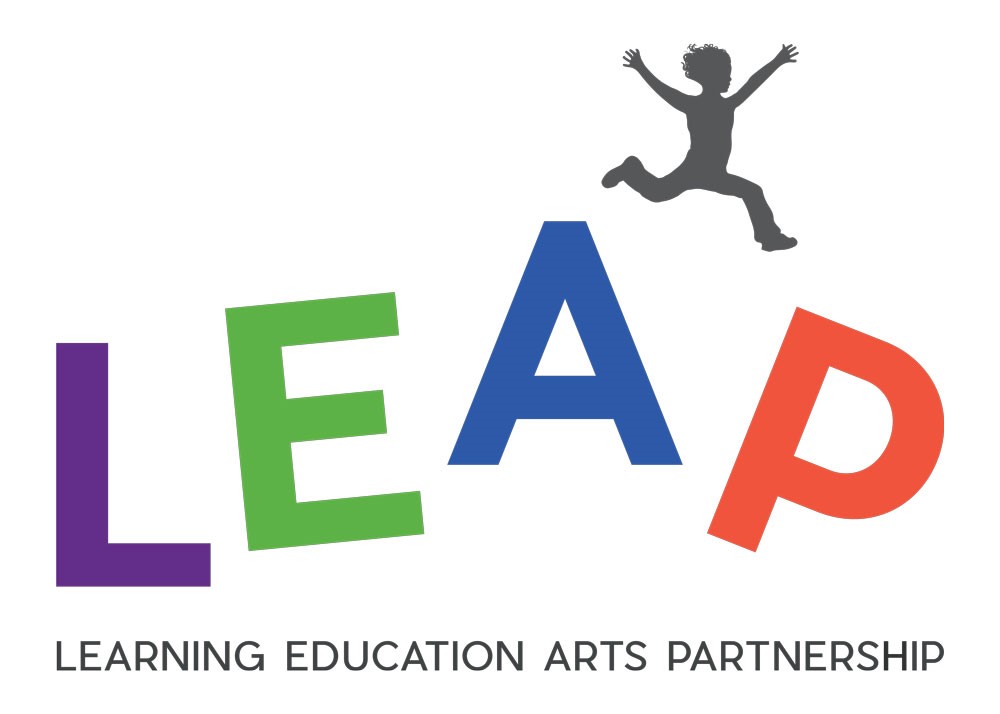Geography
The fundamental purpose of geography, lies within how children understand the world, its environments and places near and far, and the processes that create and affect them, Scoffham (2017).
Geography helps us to develop an understanding of places and people and examines the way their development has been shaped by physical and human processes. The study of geography enables children to understand their immediate surroundings, the wider world and to help them to make sense of it.
Through a stimulating, meaningful and an enquiry-based curriculum, children are given the opportunity to participate in a wide range of geographical experiences, inspiring their curiosities to learn about the world around them and beyond. Through high quality teaching, our engaging curriculum promotes excitement and enthusiasm for geography, supporting and developing children’s understanding of our world as an integral part of their future, individually and collectively.

National Curriculum
The National Curriculum provides a structure and skills progression and knowledge for the geography curriculum taught throughout the school, which is linked to each unit of work, reflecting a balanced programme of study.
Geography is taught as part of our block curriculum twice a year. Geography units have been mapped out to ensure progression of knowledge and skills..
Progression of knowledge and skills

Geography skills are spilt into four main sections: locational knowledge, place knowledge, human and physical geography and geography skills and field work.
From EYFS to KS2, knowledge, map skills, fieldwork and vocabulary play a key part in how to teach the children. As pupils progress, their growing knowledge about the world should help them to deepen their understanding of the interaction between physical and human processes, and of the formation and use of landscapes and environments. Geographical knowledge, understanding and skills provide the framework and approaches that explain how the Earth's features at different scales are shaped, interconnected and change over time.
Rich, Relevant and Representative: The LEAP Empowerment Curriculum

We are ensuring our geography curriculum is rich, relevant and representative by creating a global perspective of our world, acknowledging the contributions of people from a range of ethnic minorities and how they have shaped and changed the land, helping to develop our understanding of the multitude of different people and cultures in our world.
Cultural capital
Geography inspires pupils to delve deeper and with more curiosity and fascination into the world around them and its people. The knowledge they gain in their primary years, will stay with them for the rest of their lives. It is more essential than ever, in society, today, that we equip our pupils with knowledge about diverse places, people, resources and natural environments together with a deep understanding of the Earth's key physical and human processes, in order that they grow to be tolerant adults able to care for each other and the planet on which we live.
Educational trips and enrichment
Fieldwork is an essential component of LEAP's geography education. It enables pupils to better understand the ‘messiness’ of ‘geographical reality’, develop subject knowledge, and gain a range of skills that are difficult to develop in the classroom alone. However, the value is not simply the ‘geographical’ value of experiencing such things as landscape features, busy urban streets and unfamiliar cultures which helps ground the pupils’ local environment in the context of the global. It also aids motivation and self-development.
Geography at home
London provides our children with a great opportunity to discover more about the world around them, through open green spaces and a range of wonderful museums. The teaching and learning of geography begins with a person’s home community and expands as a person gains greater experience, providing a conceptual link for children between home, school and the world beyond. Children can also learn a lot from personal stories of past locations, allow them to understand how the movement of people influences world changes with each generation. At LEAP, we actively encourage children outside of school to continue their research of their local area and the world beyond. Below are some resources to continue and enhance children’s curiosity of the world.
- BBC Geography
- National Geographic
- National Geographic museums
- Geography maps
- Geography online learning games
